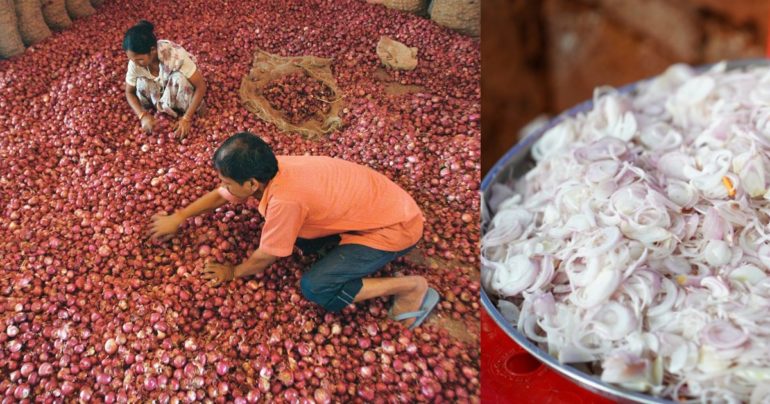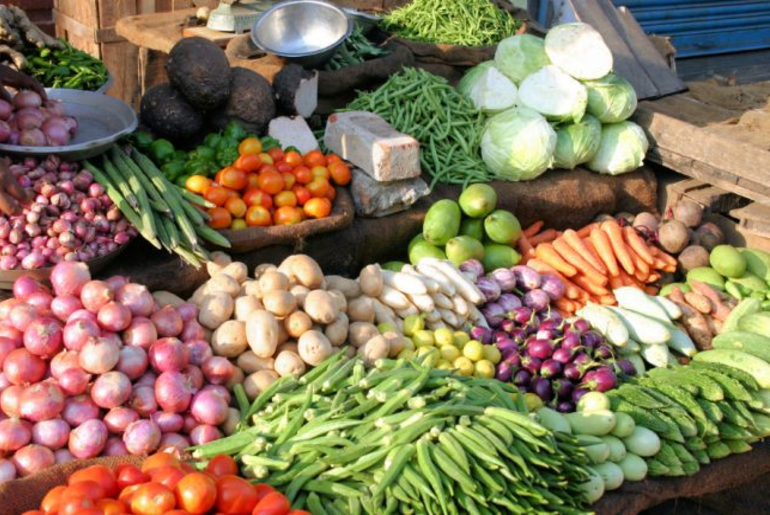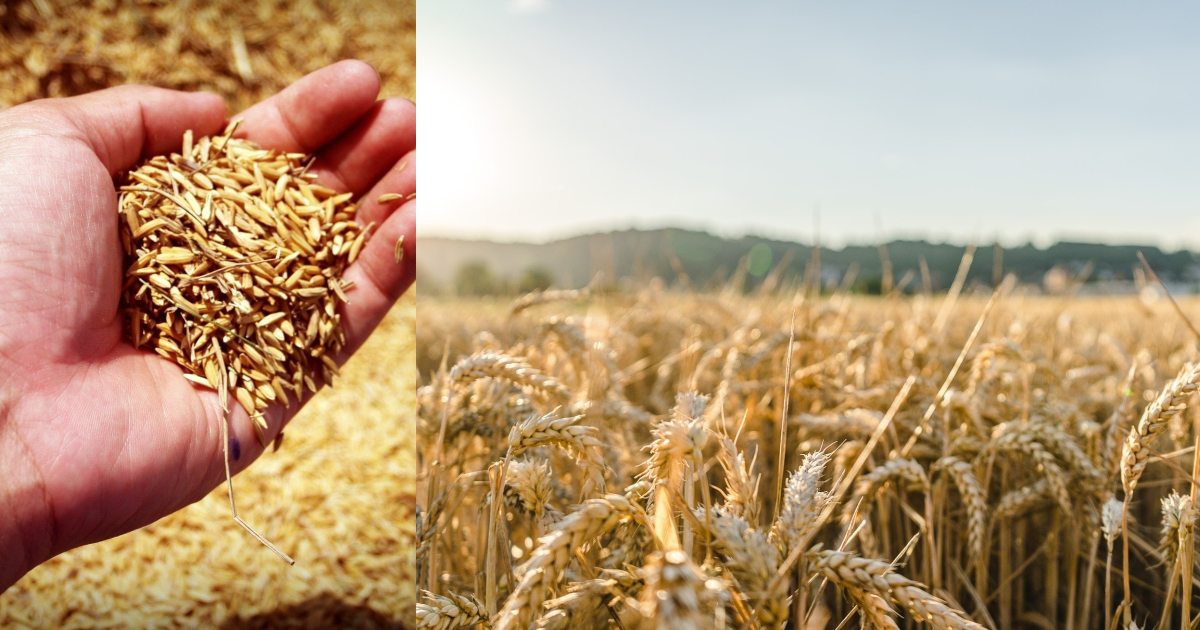Every year when the prices of onions, tomatoes and other kitchen staples go up, the government would invoke the Essential Commodities Act to ensure that there was no hoarding of these staples to inflate the prices artificially. The same will not happen from now on as the Parliament passed a bill to remove cereals, pulses, edible oils, oilseeds, potatoes and onions from the list of essential commodities. The ECT Bill which was approved by the lower house earlier now, was given consent by a voice vote in Rajya Sabha.
Also read: For The First Time After World War II, Germany Cancels Oktoberfest In The Wake Of COVID-19

The Move Will Attract Foreign Investments & Private Sector
The bill also aims at removing fears of private investors of excessive regulatory interference in their business operations. The freedom to produce, distribute and supply should lead to the harnessing of economies. The move will also attract private sector and foreign investments into the agriculture sector. Minister of State for Consumer Affairs, Food and Public Distribution Danve Raosaheb Dadarao mentioned the law imposed stock limit conditions which were hindering investment in the agriculture infrastructure. Here are some E-Grocery Stores Delivering Essentials In Delhi.

The Act Hopes To Boost Development In Agriculture Sector
The amendment made to the six-and-half-decade law allows stock holding limit on commodities under exceptional circumstances like famine, national calamities and surge in prices. Besides, chain participants and processors are exempted from the stock limit. The move hopes to boost investment in the agriculture sector and create more storage capacities to reduce the loss of crops after harvest. The amendment is in favour of both farmers and consumers. Sikkim Faces Tourism Meltdown; 1528 Travel Agencies Shutdown & 2200 Hotels To Go Out Of Business.

Farmers’ Income To Double With The Act
The government claims that, the changes in the 1955 law is a crucial step to achieve its target of doubling farmers’ income and ease business. The essential commodities act was brought in place when the country was not self-sufficient in food grains production. However, now, the situation has changed, and the amendment was required. The government further explained that onions and potatoes were brought under the Essential Commodities Act, 1955, in 2014 to curb hoarding of them. Indian Couple Builds Campsite To Save A Farmer’s Land.
Earlier this year, the government had said that the Essential Commodities Act is outdated and that it should be changed. The development comes at a time when prices of commodities like potatoes, onions tomatoes, and other kitchen stapes are on the rise. Due to the crop losses because of heavy rains, traders and market analysts say the prices will not come down before November.





